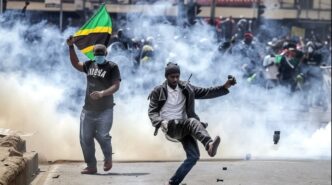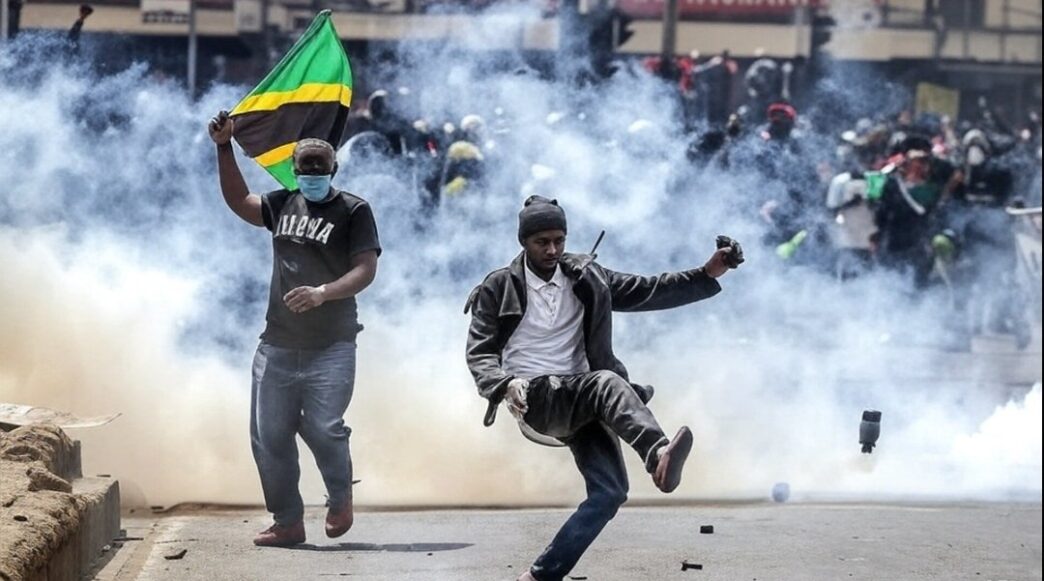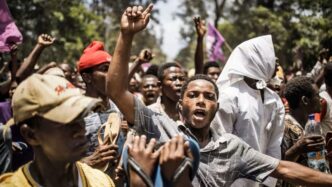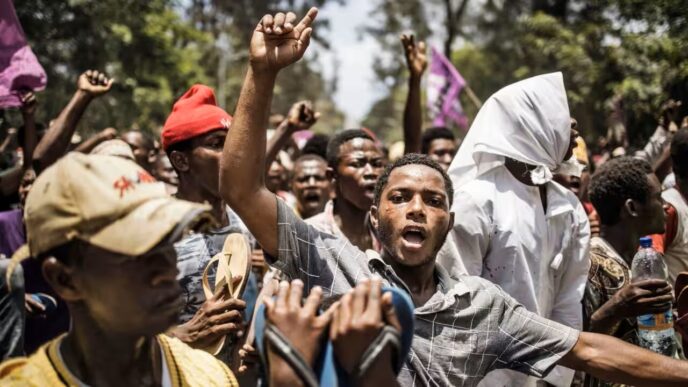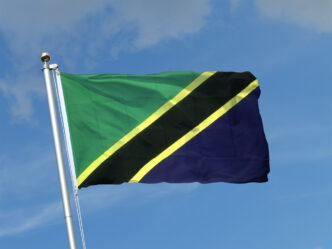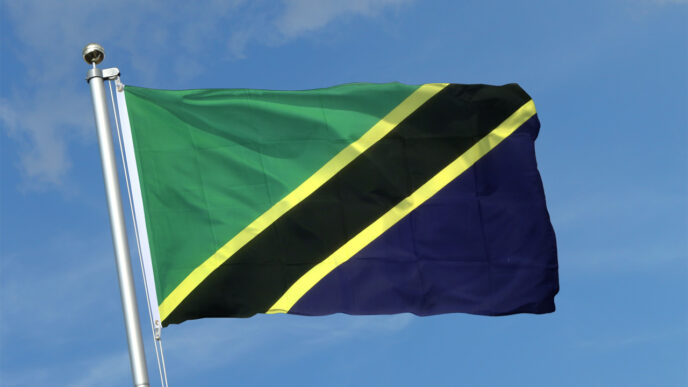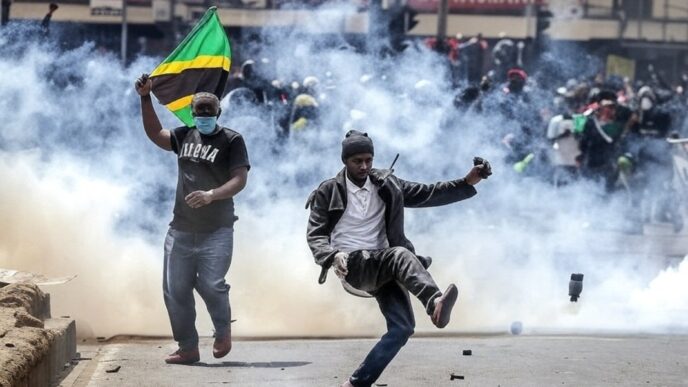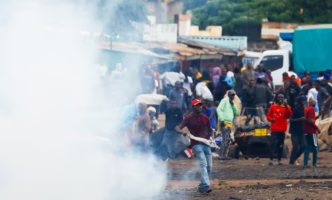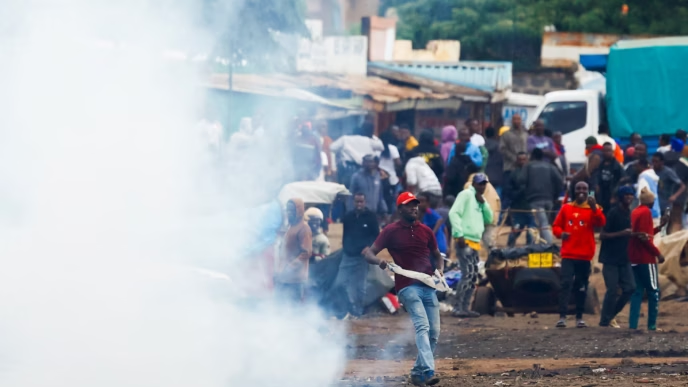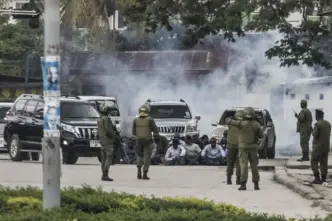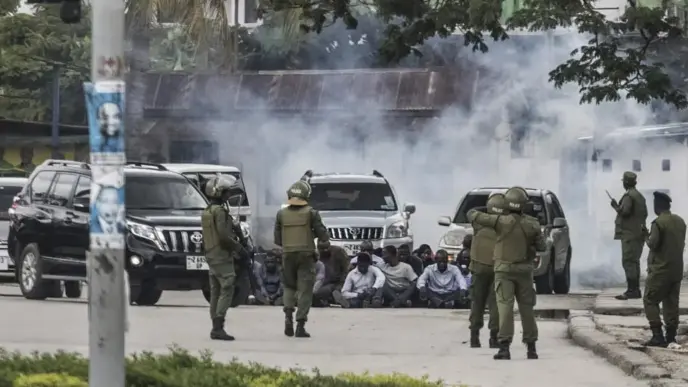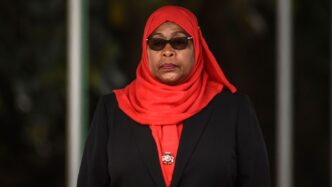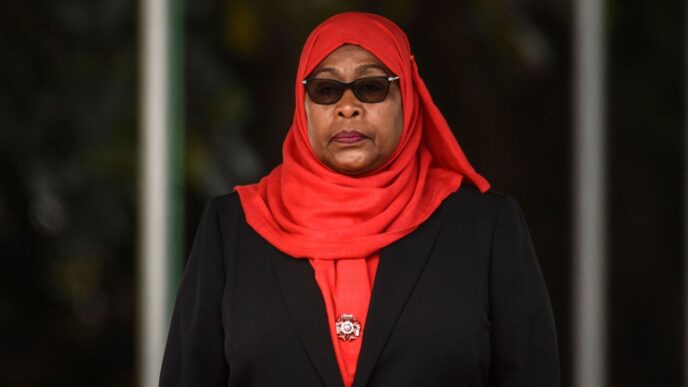Tanzanian authorities imposed an evening curfew in the nation’s largest city following large-scale protests on Wednesday, where demonstrators knocked down banners of President Samia Suluhu Hassan and set fire to a police station, after polling concluded in an election where key opposition figures have been imprisoned or excluded from the race.
Despite a heavy police presence in the commercial hub of Dar es Salaam, including tanks positioned at major intersections, hundreds of youths took to the streets during the day, chanting: “We want our country back.”
A group set a police station ablaze along Nelson Mandela Road, the primary route leading from the port of the city, according to the journalist.
Authorities deployed tear gas, but were compelled to retreat as protesters threw stones at them, while a military vehicle moved through the throng but seemed to refrain from confronting the demonstrators.
Internet monitoring organisation NetBlocks stated on X that there was a “nationwide disruption to internet connectivity.”
The police chief, Camillus Wambura, announced a curfew on national broadcaster TBC, advising that people “should be at home by six in the evening” and that military and police personnel would be patrolling the streets of Dar es Salaam.
The day began peacefully in the city, with polling places nearly deserted, as observed by AFP reporters, in stark contrast to the busyness of similar times during past elections.
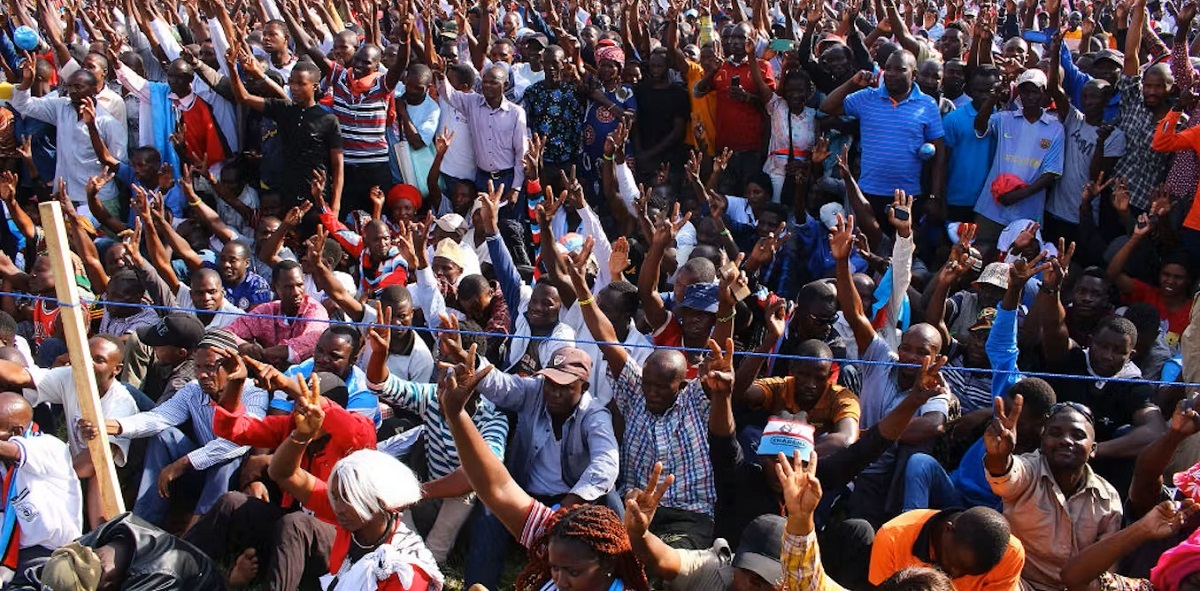
Analysts suggest that President Hassan, aged 65, is intent on solidifying her position with a decisive victory that will quiet critics within her own party.
Her main opponent, Tundu Lissu, is currently on trial for treason and could face the death penalty, while his party, Chadema, has been barred from participation. The only other notable candidate, Luhaga Mpina of ACT-Wazalendo, was disqualified due to procedural issues.
Hassan assumed the presidency in 2021 after the death of her predecessor, John Magufuli, known for his authoritarian rule, but she has faced resistance as the country’s first female leader. Initially, she received praise from democratic advocates for relaxing restrictions on the opposition and the media, but enthusiasm soon waned.
Human Rights Watch noted that “the authorities have hindered political opposition and critics of the ruling party, suppressed media freedom, and failed to ensure the independence of the electoral commission.”
Concerns are growing that even individuals within the ruling party are being targeted.
Humphrey Polepole, a former CCM spokesperson and ambassador to Cuba, disappeared from his home this month after resigning and criticising Hassan. His family discovered blood stains at his residence.
The Tanganyika Law Society has confirmed 83 cases of abduction since Hassan took office, with an additional 20 reported in recent weeks.
In contrast, the situation was much more tranquil on the semi-autonomous island of Zanzibar, according to AFP reporters, with analysts predicting a more competitive race due to the island’s greater levels of freedom.


 Trending
Trending 
